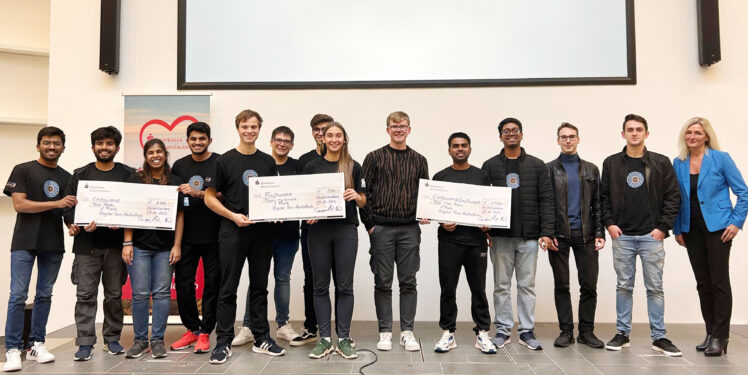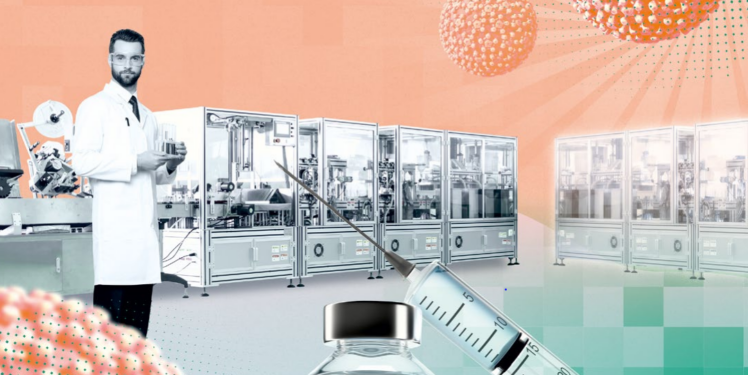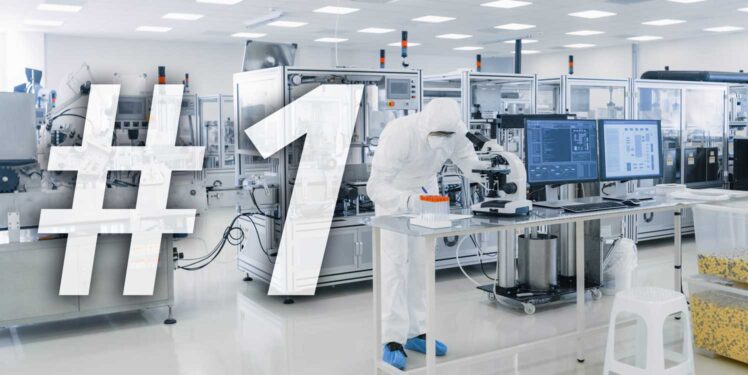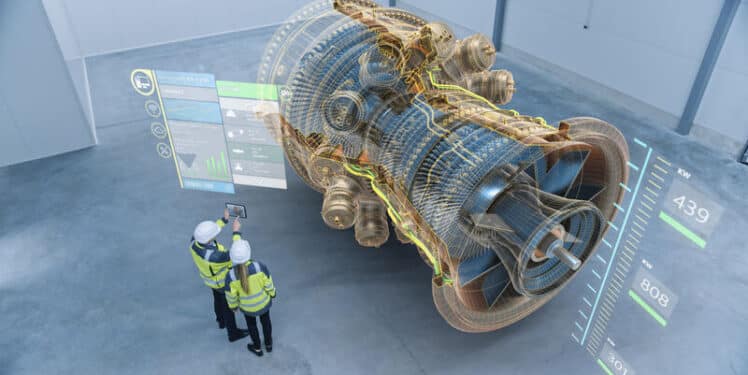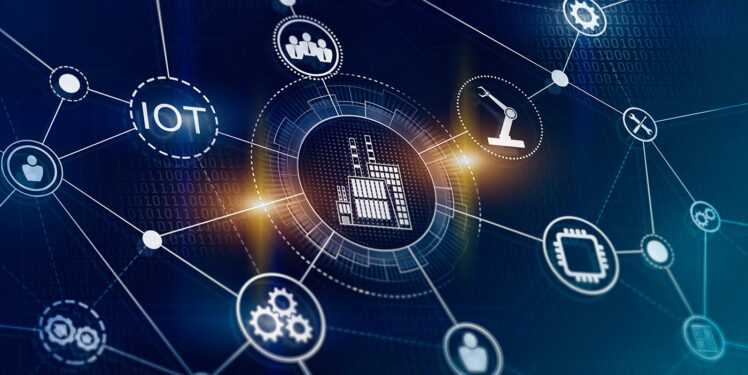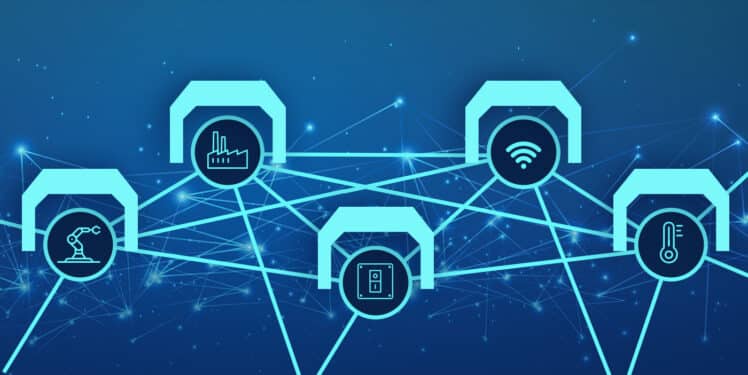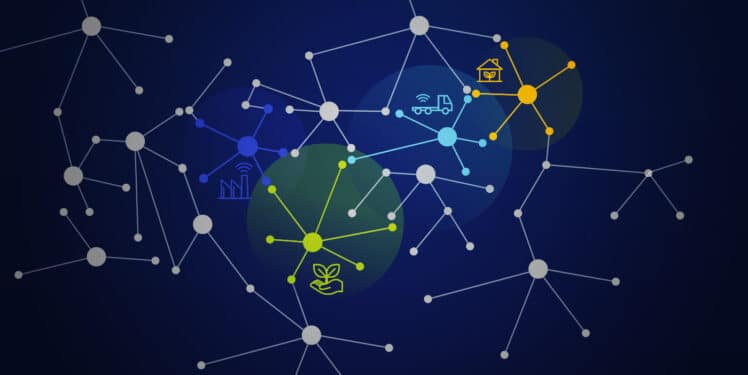Igniting Innovation in Healthcare: A Recap of the Eclipse BaSyx Digital Twin Hackathon (BaSyx Hack)
In the heart of Kaiserslautern, October 2023 witnessed a convergence of brilliant minds at the BaSyx Digital Twin hackathon (BaSyx Hack), hosted by Fraunhofer IESE. Creativity was in the air, keyboards clicked in a rhythm of innovation, and minds raced…

